
News

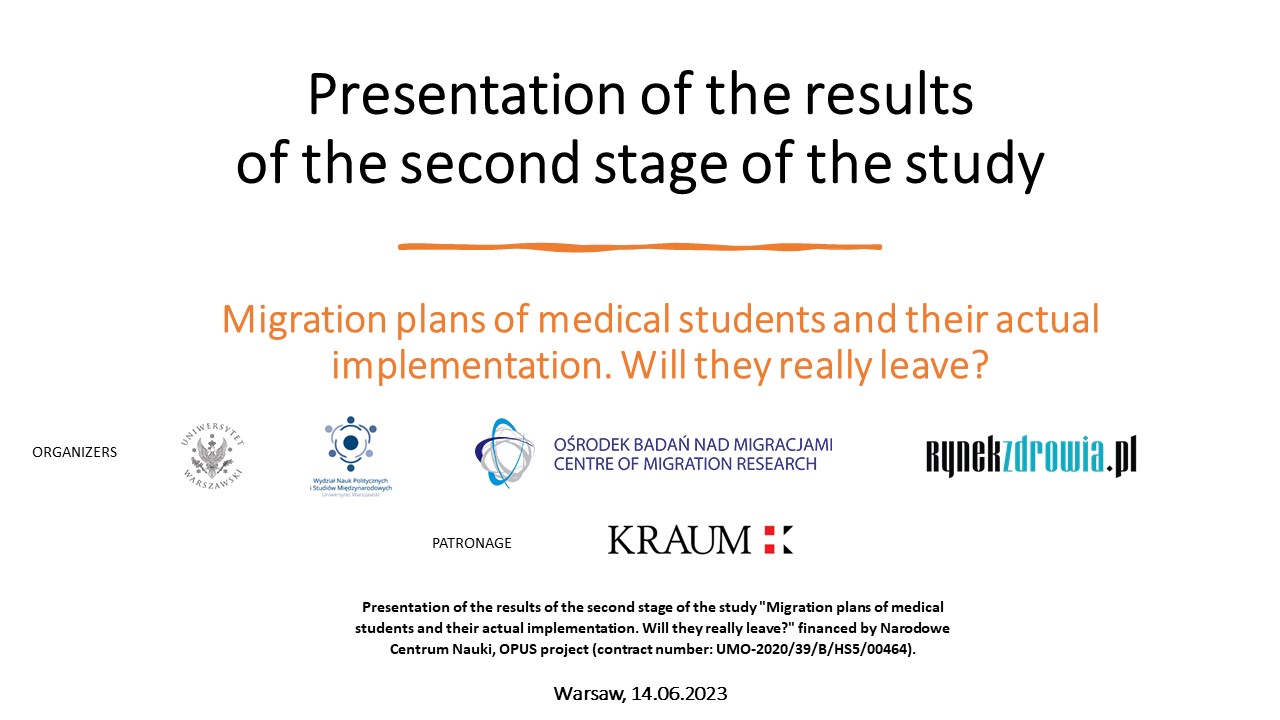
Will they really leave?

Publications in the media

Migration plans of medical university students
The emigration of even a few dozen doctors of a rare speciality can be a serious problem for the health services of the country they left. In Poland, the emigration of medical staff remains a challenge and is one of the reasons for the low number of doctors per 100 000 inhabitants as compared to Europe. At the same time, the coronavirus pandemic has highlighted huge shortcomings in the health care systems of even the most developed countries. Competition for healthcare professionals is therefore likely to increase. It is therefore very important to add to the existing knowledge on the reasons for health personnel leaving, staying and returning. It is crucial to understand whether the intention to leave or stay is implemented and, if not, what influences the change of plans.
The project investigates the migration plans of Polish and foreign students in their final year of medical studies in Poland and the realisation of these plans after one and two years, i.e. after the young doctors have entered the labour market. Poland is a very interesting object of research in this respect. On the one hand, we have to deal with the emigration of doctors and nurses to other highly developed countries of the world (OECD), and on the other hand with the increasing number of foreigners studying at Polish medical universities. Therefore, it can be assumed that by learning about the factors that determine the departure or stay of Poles and foreigners, it will be possible to create a catalogue of actions that can be taken within the scope of various public policies to influence the migration decisions of medical school graduates.
Additional objectives of the project are to gain knowledge about (I) the impact of the Covid-19 pandemic on the migration of doctors, (II) the impact of the war in Ukraine on the functioning of health care in Poland and the migration of doctors, (III) the functioning of the so-called ‘migration infrastructure’ in the area of health care to facilitate the emigration of medical staff.
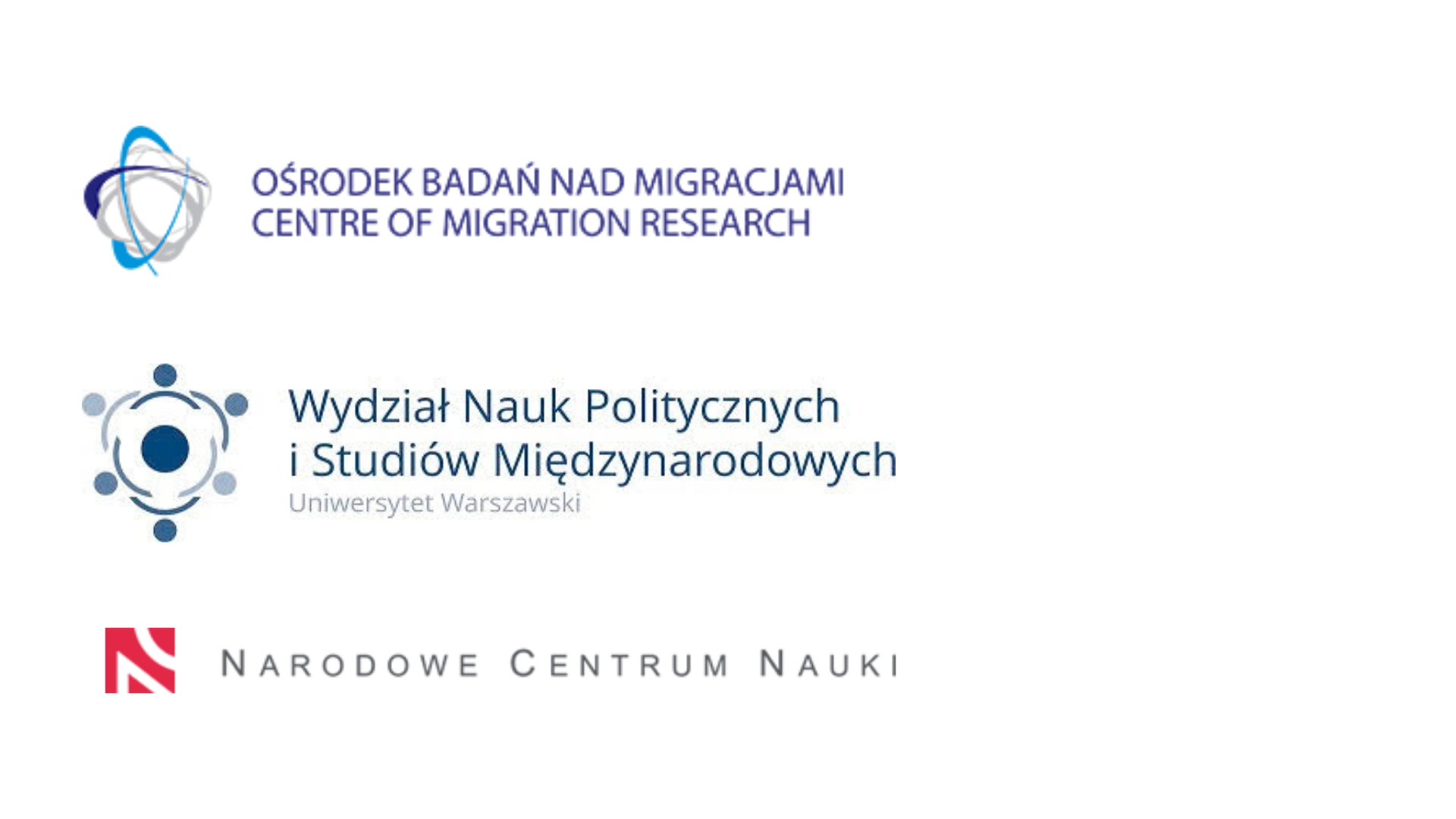
Project implementation
The project, conducted at the Centre of Migration Research (OBM) and the Faculty of Political Science and International Studies (WNPiSM) at the University of Warsaw, is funded by the National Science Centre, competition Opus 20, UMO-2020/39/B/HS5/00464.
Current posts published on Twitter / X will only be visible after logging in with an individual Twitter / X account.
Team
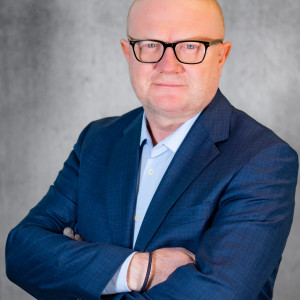
Professor Maciej Duszczyk, PhD
From December 2023 - Undersecretary of State at the Ministry of the Interior and Administration, responsible, i.a., for migration policy. Researcher at the Centre of Migration Research and the Faculty of Political Science and International Studies of the University of Warsaw. His research areas are migration, integration policy, social policy and European integration. Between 2016 and 2021 he was the Vice-Rector of the University of Warsaw for Research and International Relations. During 2014-2016 Member and between October 2015 and March 2016 President of Scientific Policy Committee (Ministry of Science and Higher Education). 2008-2011 – Member of the Board of Strategic Advisers to the Prime Minister of Poland. 2011-2013 – Head of Task Force for Migration Policy in the Chancellery of the President of Poland. 2014-2015 – Visiting Professor at the Martin Luther University of Halle-Wittenberg and Friedrich Schiller University of Jena. He has been the Principal Investigator of research projects financed by Polish and European institutions. He received scholarships granted by the Jean Monnet Project, Carl Duisburg Gesellschaft, the Polish Committee for Scientific Research.
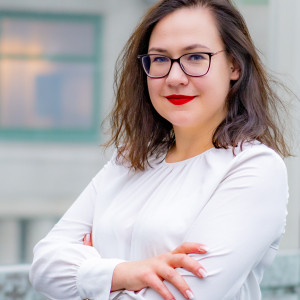
Sara Bojarczuk, PhD
PhD in Sociology from Trinity College Dublin and MRes in Social Policy (University of Bath). Currently at the Centre of Migration Research, University of Warsaw, where she, i.a., coordinates the NCN-funded project: “E-Factor: Employers’ interests as underrated factor in labour migration – an institutional approach”. Her research interests lay within the field of migration, family studies and women, social support and particularly social support networks and employment. Her PhD thesis looked at the role of social networks in mobilising support among Polish working mothers in Ireland. In her work, she uses the mixed methods approach, drawing on the benefits offered by both qualitative and quantitative tools. In her previous research project, she worked on the problem of digital inequalities and the mental health of migrants. She is also currently involved in a comparative study on the institutional responses regarding migrants’ mental health across Europe, run by the Irish think tank TASC.
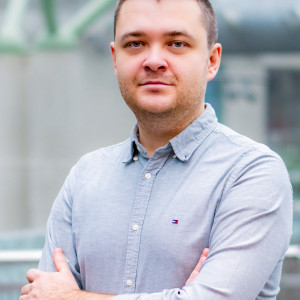
Kamil Matuszczyk, PhD
PhD in social sciences (political science and administration) at the Faculty of Political Science and International Studies, University of Warsaw, where he currently works. Associated with the Centre of Migration Research, UW, since 2014. Principal investigator of two research grants funded by the National Science Centre (Preludium and Etiuda), co-author and researcher in several national and international research projects. In 2019-2020 he held two research fellowships in Budapest (Central European University) and Berlin (Humboldt University), related to the problems of his PhD thesis (policy in the area of international migration to the home care sector). Author and co-author of more than 30 works, published as peer-reviewed articles, monographs, reports or working papers. His interests focus on issues of contemporary labour mobility (posting of workers, seasonal workers), the migration industry, migration policies, ageing society and long-term care.
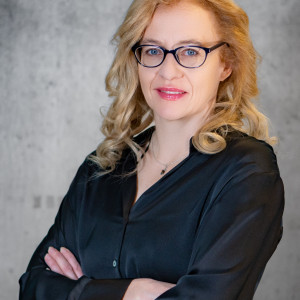
Dominika Pszczółkowska, PhD
Political scientist and migration researcher, previously journalist for many years. Assistant professor at the Centre of Migration Research, University of Warsaw, previously at the Faculty of Political Science and International Studies. Her research interests revolve around post-accession migrations, the political participation of migrants, migration and integration policies, the role of employers in migration. Author or editor of over a dozen research articles and books, including recently „Poles in Ireland. Transnational Communities in the Period of Post-Accession Migration” (with Weronika Kloc-Nowak and Magdalena Lesińska, University of Warsaw Press) and „How Migrants Choose their Destinations. Factors Influencing Post-EU Accession Choices and Decisions to Remain” (to be published by Routledge in April 2024). She holds an MA in applied linguistics from the University of Warsaw. She also studied on a Reuters Foundation scholarship at the University of Oxford, and at the Fondation Journalistes en Europe in Paris. Before joining academia, she was for over a decade a journalist for “Gazeta Wyborcza” daily, including as its Brussels correspondent.
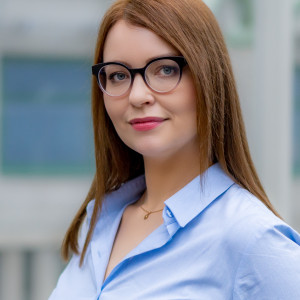
Emilia Szyszkowska, MA
Assistant at the Department of Economic Sociology of the Warsaw School of Economics and associated researcher at the Centre of Migration Research at the University of Warsaw. Graduate in Cultural Studies at the University of Warsaw and in Theatre Studies at the Warsaw Theatre Academy. She completed her doctoral studies at the Department of Economic Sociology of the Warsaw School of Economics. Currently, she is preparing her PhD thesis on the role of organised interest groups in shaping healthcare policies in Central and Eastern Europe (in the discipline of political science and administration, under the supervision of Prof. Urszula Kurczewska). Author and co-author of more than 15 scientific papers in the form of peer-reviewed articles and monographs. Her research interests revolve around issues of health care systems, the public policy process, determinants of migration decisions, the issue of lobbying and the phenomenon of health inequalities. In addition to her academic engagement, Emilia was professionally involved in the implementation of public relations and public affairs activities in health care for different types of stakeholders.
Contact
We look forward to hearing from you:
migracje.medykow@uw.edu.pl
Dr Dominika Pszczółkowska
d.pszczolkows2@uw.edu.pl